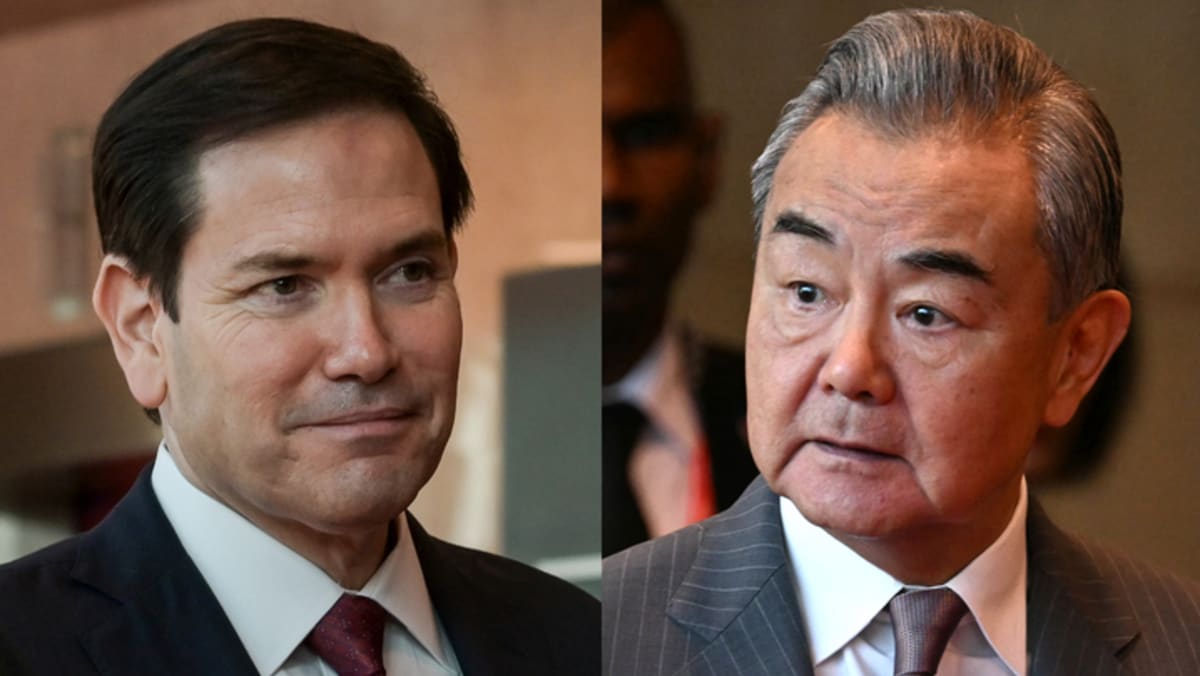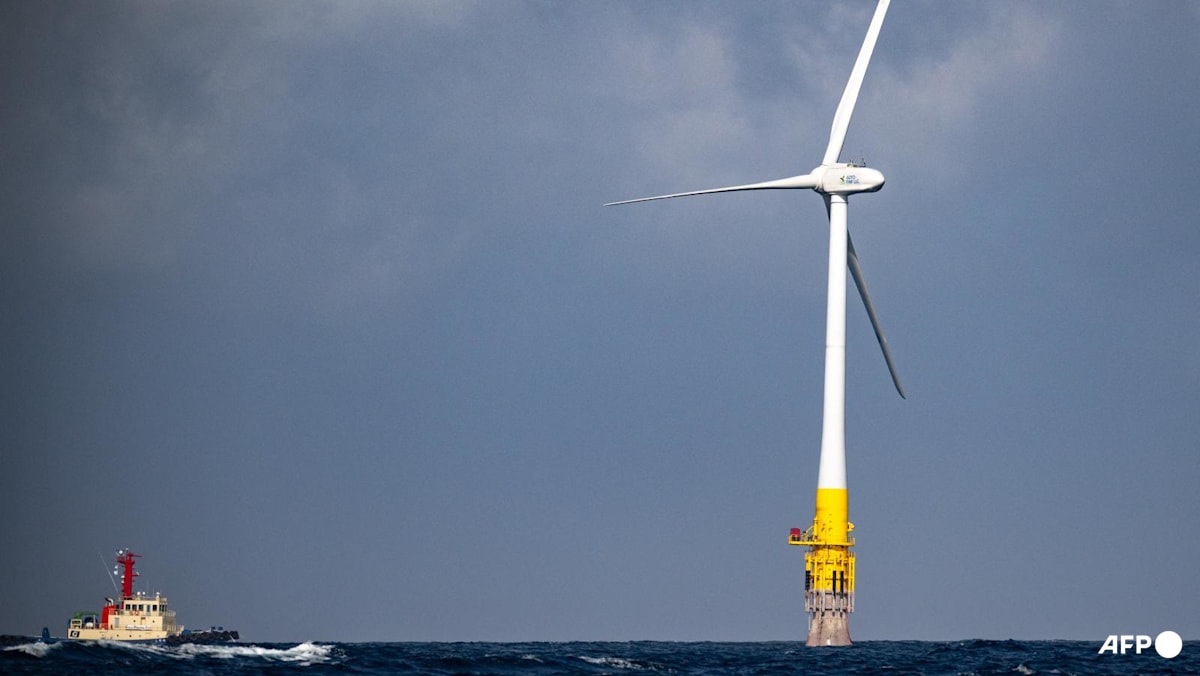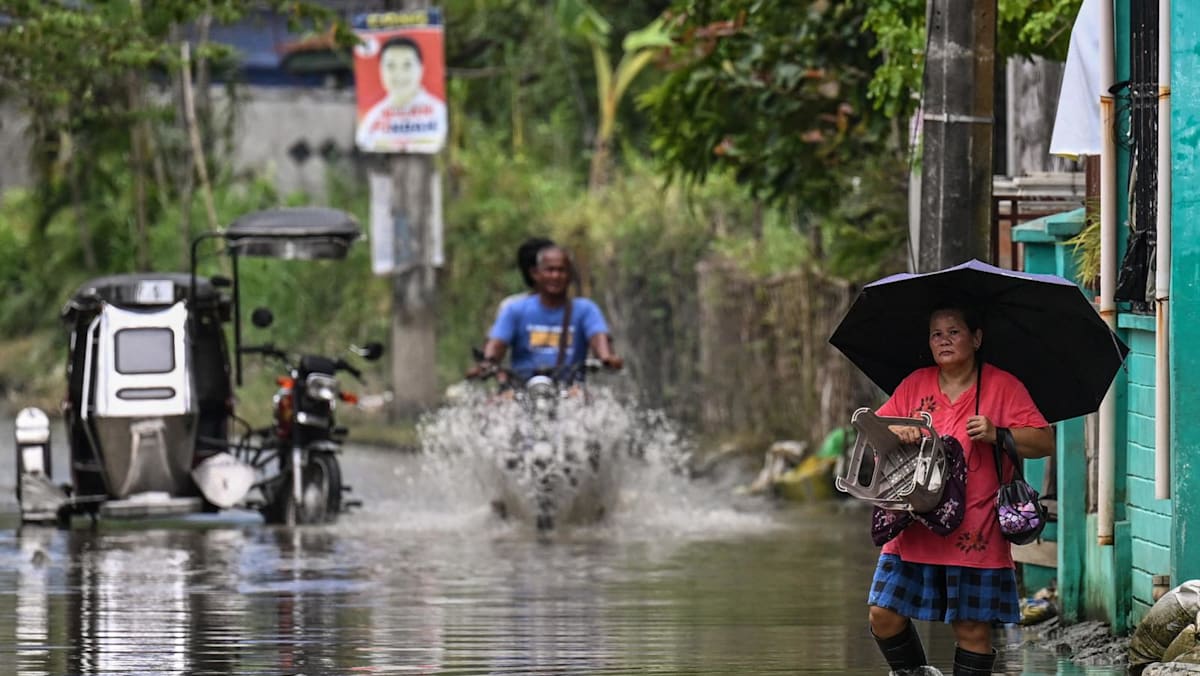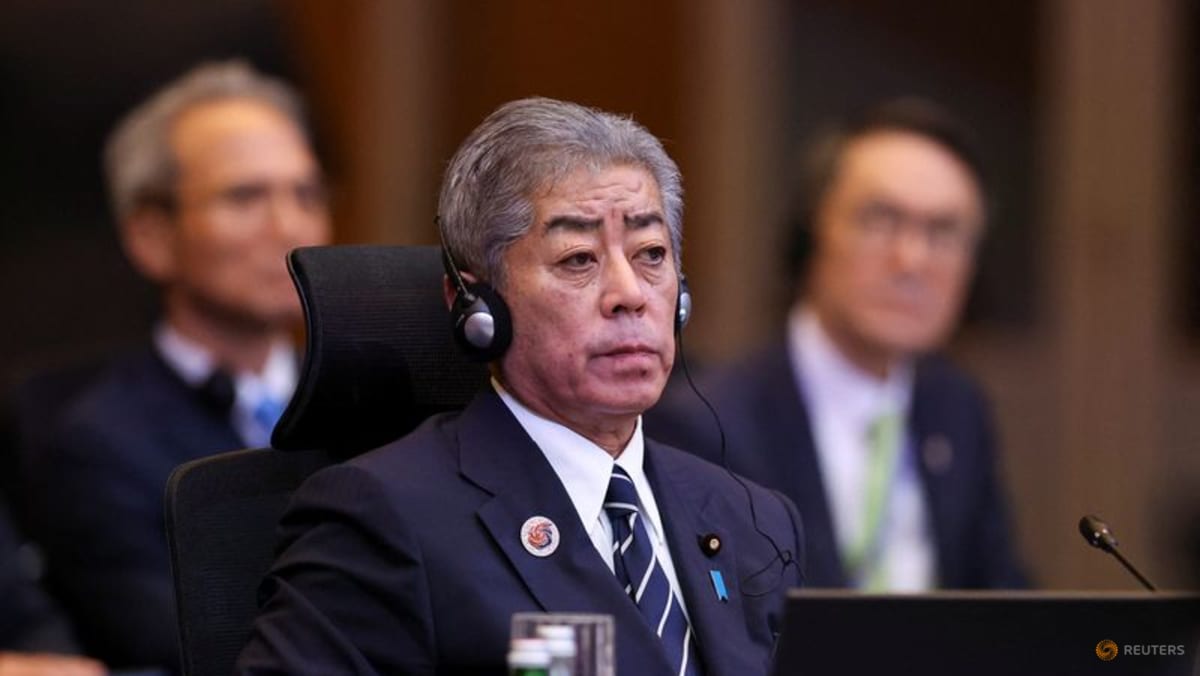The US’ trade relationship with ASEAN supports 1.1 million jobs across Southeast Asia, Rubio said.
“So we fully understand the importance of the region, both to our prosperity and security and to each of your countries as well, and that’s why we made clear that we intend to remain deeply engaged in this partnership, and want to continue to work with you on building on all of this,” he said.
US affiliates of majority-ASEAN owned firms also make significant contributions to the US economy, supporting close to 71,000 jobs and over US$300 million in research and development, and about US$2 billion worth of US exports, he added.
Following the meet, Rubio later told reporters: “I would say that when all is said and done, many of the countries in Southeast Asia are going to have tariff rates that are actually better than countries in other parts of the world.
“But these talks continue. There’ll be talks next week with Japan. There’s ongoing talks with virtually every country represented here.”
US officials had said ahead of Rubio’s trip that Washington was “prioritising” its commitment to East and Southeast Asia, and the US’ top diplomat told reporters that America had “no intention of abandoning” the region.
“We’ve spent decades building these relationships,” he said.
“Not only we’re not going to walk away from them, we seek to expand them and build upon them with a part of the world that is essential.”
Rubio added he might also meet with Chinese counterpart Wang.
In his remarks to his ASEAN counterparts, Rubio made reference to US’ dominance in advanced artificial intelligence (AI) technology, as well as efforts to ensure freedom of navigation in waters where there are overlapping sovereignty claims, without mentioning geopolitical rival China.
Freedom of navigation and overflight are essential to global trade, maritime security and peace, he said.
Without directly mentioning the South China Sea – of which China claims about 90 per cent with its nine-dash line – he said “claims of territorial sovereignty over vast areas of ocean space that are clearly within the maritime jurisdiction” of Brunei, Indonesia, Malaysia, the Philippines and Vietnam are “unlawful”.














